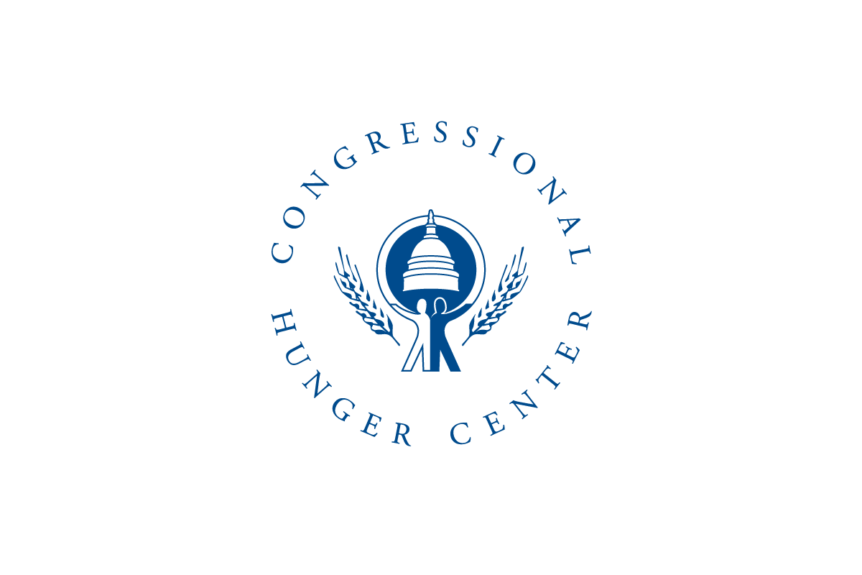As the Executive Director of the Congressional Hunger Center, a nonprofit dedicated to fighting hunger by developing leaders, I must speak out about the recent incidents of violence against Black people in America, including the deaths of George Floyd, Breonna Taylor, and Ahmaud Arbery. Our Hunger Fellows, alums, and the communities we partner with must know that the Hunger Center mourns with them. And I must speak out because equity is one of our organization’s core values, and racism is at the heart of the problem that we exist to solve.
Because of systemic racism, so many of the policies and procedures that make up our society—food, law, education, health, and public safety, among others—are structured to benefit white people, at the expense of people of color. Systemic racism is at the root of why many Black Americans live in communities that are under-resourced and over-policed. It is at the root of why Black Americans make up a disproportionate share of COVID-19 victims (nearly 23% of fatalities in the U.S., and 75% here in the District of Columbia), and why Black Americans experienced food insecurity at a rate more than twice that of white households long before the pandemic pushed even more people into poverty.
Anti-Black violence, health disparities, and hunger will never be solved if nonprofit organizations like ours don’t acknowledge the role that racism plays as a root cause of each of these issues. As a white nonprofit leader, I must play a role in bringing attention to racism and its impact on the people and communities we serve through our leadership development programs. We can grieve, and we can hope for a better world for the next generation to live in, but if we aren’t willing to take action, racism will persist, and the prevalence of hunger and poverty will only increase.
At the Hunger Center, we commit to:
- Continue to prioritize investing in leaders of color and amplifying the voices of people who have experienced poverty and hunger to better inform government policies and programs aimed at addressing poverty and hunger;
- Continue to identify opportunities to make the Hunger Center’s programs, policies, and procedures more equitable, and taking action to do so;
- Use our voice to support the organizations with whom we partner in doing the same; and
- Openly engage our stakeholders about how we are doing in our efforts.
For nonprofits that have not begun to examine how racism impacts the work that you do, both outside and inside the office, now is a time to start. There are countless excellent resources to help you begin your journey; one we have found helpful at the Hunger Center is Awake to Woke to Work: Building a Race Equity Culture from Equity in the Center.
I welcome the opportunity to collaborate with colleagues, partners, and other organizations, as we work together to create a world unfettered by racism and free from hunger.

